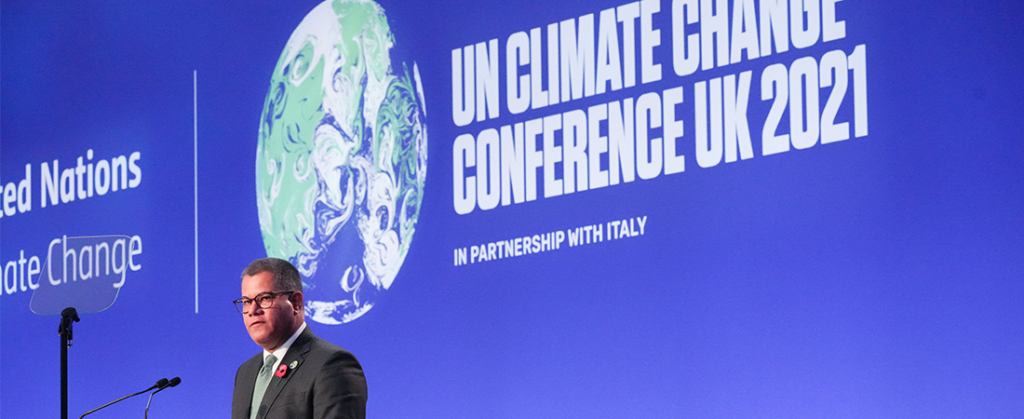2022 was the year the conversation around women’s health went mainstream: celebrities like Davina McCall and Penny Lancaster campaigned to end the stigma around menopause and for greater access to HRT; Cherry Healy hosted a primetime show around busting women’s health taboos for Channel 5; over 2000 businesses signed the Menopause Workplace Pledge; the response to the US Supreme Court Roe v Wade decision reverberated around the world; the Ockenden and Kirkup Reviews brought maternity safety into the fore; and there was the publication of the government’s first ever Women’s Health Strategy for England.
So what can we expect to see in 2023? Here are the top 5 trends to look out for:
1. Periods are the new menopause. If 2022 was the year everyone was talking about the menopause, 2023 will be the year of the period. The formidable campaigners at Wellbeing of Women, who were at the forefront of the menopause debate, have announced their intention to draw attention to periods this year. We should expect lack of access to information and support, dismissal of pain, stigma and the impact of cost of living to be big campaigning points.
2. Tackling the gender health gap. NHS waiting lists will continue to be one of the biggest political issues of 2023. Waiting times for treatment and diagnosis of gynaecological issues are the longest they have ever been, a trend that the former president of Royal College of Obstetrics and Gynaecology, Dr Edward Morris, has blamed on institutionalised ‘gender bias’. The Prime Minister has launched the Elective Recovery Taskforce to “maximise” the way private sector resources are used to reduce patients waiting times, and we could also see a greater expansion of Women’s Health Hubs, one stop shop centres that bring essential women’s services together for faster diagnosis and treatment of areas like contraception, screening and wider gynaecological issues.
3. FemTech will continue to soar, but trust is key. Women, especially those from ethnic minorities, are predominantly turning ‘non-traditional’ routes for health and wellbeing information and support. In 2022 we therefore saw a boom in the use services like The Lowdown which provides credible, clinically safe health information and support, and the use of Period Trackers like Moody and Flo. Access to market in the UK however remains a challenge, and so this year keep an eye on the results of NICE’s Early Value Assessment for medtech, which is trialling a new approach to the assessment of digital products, devices and diagnostics. The issue of trust for FemTech services will be a big trend in this year, so will see an emphasis on anonymisation and other privacy enhancements to services, and closer working and collaboration between with the NHS and Department of Health and Social Care with the MedTech and FemTech sectors to deliver trusted services.
4. Response to Ockenden will dominate maternity. 2022 saw two major reports into maternity safety: the final Ockenden Review Report and the Kirkup Review of East Kent. Key improvements to maternity safety this year will come in response to the Ockenden Review, especially around personalisation of risk assessment. Keep an eye out for the Maternity Transformation Programme’s Single Delivery Plan, which will operationalise the review’s findings and is due to be published this year. We can also expect to see the response to the Kirkup Review, which highlighted key areas for action at a system wide level including monitoring safe performance intelligently and the culture of units. Elsewhere, escalation and action will be big trend for maternity this year, with The Tommy’s App: Clinical Decision Tool being trialled across 26 NHS hospitals around the UK this year and the Avoiding Brain Injury in childbirth (ABC) intrapartum care improvement programme also being piloted with roll out towards the end of the year.
5. Women’s health will be a leading HR issue. As few as 1 in 3 women saying they feel comfortable talking about health issues with their workplace, employers put much greater emphasis last year in supporting women at work with their health and wellbeing needs. Menopause support led the trend, with more than 2,000 organisations signing up to the Workplace Pledge and the government invested £1.97 million to support women experiencing reproductive health issues in the workplace. Women will be looking to their HR teams – and when job hunting – for greater access to good occupational health services, mental health and wellbeing support, alongside access to enhanced maternity, miscarriage and baby loss and IVF support.
Patient groups and women across the country have been demanding better options for years. With a general election on the horizon, 2023 will therefore be the year that solutions are sought by both the Government and Labour. They know that the NHS and Department of Health and Social Care cannot provide all the solutions and will therefore be looking closer collaboration with the private sector, across healthcare, pharma and FemTech.
Please contact us to learn more about the trends in healthcare in 2023 and find out how we can help.





